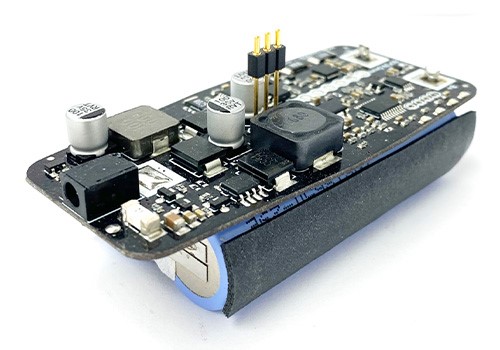Lithium-ion rechargeable batteries have become ubiquitous in modern life, powering everything from smartphones and laptops to electric vehicles and grid-scale energy storage systems. However, as the demand for energy storage continues to grow, researchers are actively exploring next-generation lithium-ion battery technologies to improve performance, sustainability, and safety.
In search of more efficient and sustainable energy storage solutions, scientists and engineers are pushing the boundaries of lithium-ion battery technology. This post delves into the latest research trends and emerging technologies aimed at enhancing the performance and sustainability of lithium-ion batteries, including lithium-sulfur batteries, lithium-air batteries, and beyond lithium-ion chemistries.
Lithium-Sulfur Batteries:
One promising alternative to traditional lithium-ion batteries is the lithium-sulfur (Li-S) battery. Li-S batteries offer significantly higher theoretical energy densities compared to lithium-ion batteries, thanks to the lightweight and abundant sulfur cathode material. Research efforts are focused on overcoming challenges such as polysulfide dissolution and shuttle effects to achieve long cycle life and stable performance. By leveraging advances in sulfur electrode design, electrolyte chemistry, and cell architecture, Li-S batteries hold the potential to revolutionize energy storage for applications ranging from portable electronics to electric vehicles.
Lithium-Air Batteries:
Another frontier in lithium-ion battery research is lithium-air (Li-O2) batteries, which promise even higher energy densities than Li-S batteries. Li-O2 batteries utilize oxygen from the air as the cathode material, enabling theoretically higher energy densities compared to traditional lithium-ion chemistries. However, practical implementation faces challenges such as limited cycle life, sluggish oxygen reduction kinetics, and electrolyte instability. Researchers are exploring new electrode materials, electrolyte formulations, and cell designs to overcome these hurdles and unlock the full potential of Li-O2 batteries for long-range electric vehicles and grid-scale energy storage applications.
Beyond Lithium-ion Chemistries:
In addition to lithium-sulfur and lithium-air batteries, scientists are investigating a myriad of beyond lithium-ion chemistries to address the limitations of conventional lithium-ion technology. These include sodium-ion batteries, potassium-ion batteries, and solid-state batteries, among others. By utilizing alternative metal ions or solid electrolytes, these technologies offer potential advantages in terms of cost, abundance, and safety. While significant research and development efforts are still needed to commercialize these technologies, they represent promising pathways towards a more sustainable and scalable energy storage future.
Solid-State Lithium-ion Batteries:
Solid-state lithium-ion batteries represent a promising avenue for improving the safety, energy density, and lifespan of lithium-ion battery technology. Unlike conventional lithium-ion batteries, which use liquid electrolytes, solid-state batteries employ solid electrolytes, offering enhanced stability and reduced risk of leakage or thermal runaway.
Takeaways
As research into next-generation lithium-ion battery technologies continues to advance, the future of energy storage looks brighter than ever. By harnessing the potential of lithium-sulfur batteries, lithium-air batteries, and beyond lithium-ion chemistries, we can unlock new levels of performance, sustainability, and reliability in energy storage systems. One of the reputed battery manufacturing companies Emerging Power offers cutting-edge solutions to power the world of tomorrow. Stay tuned for updates on the latest developments in lithium-ion battery technology and other emerging trends in the energy sector.

